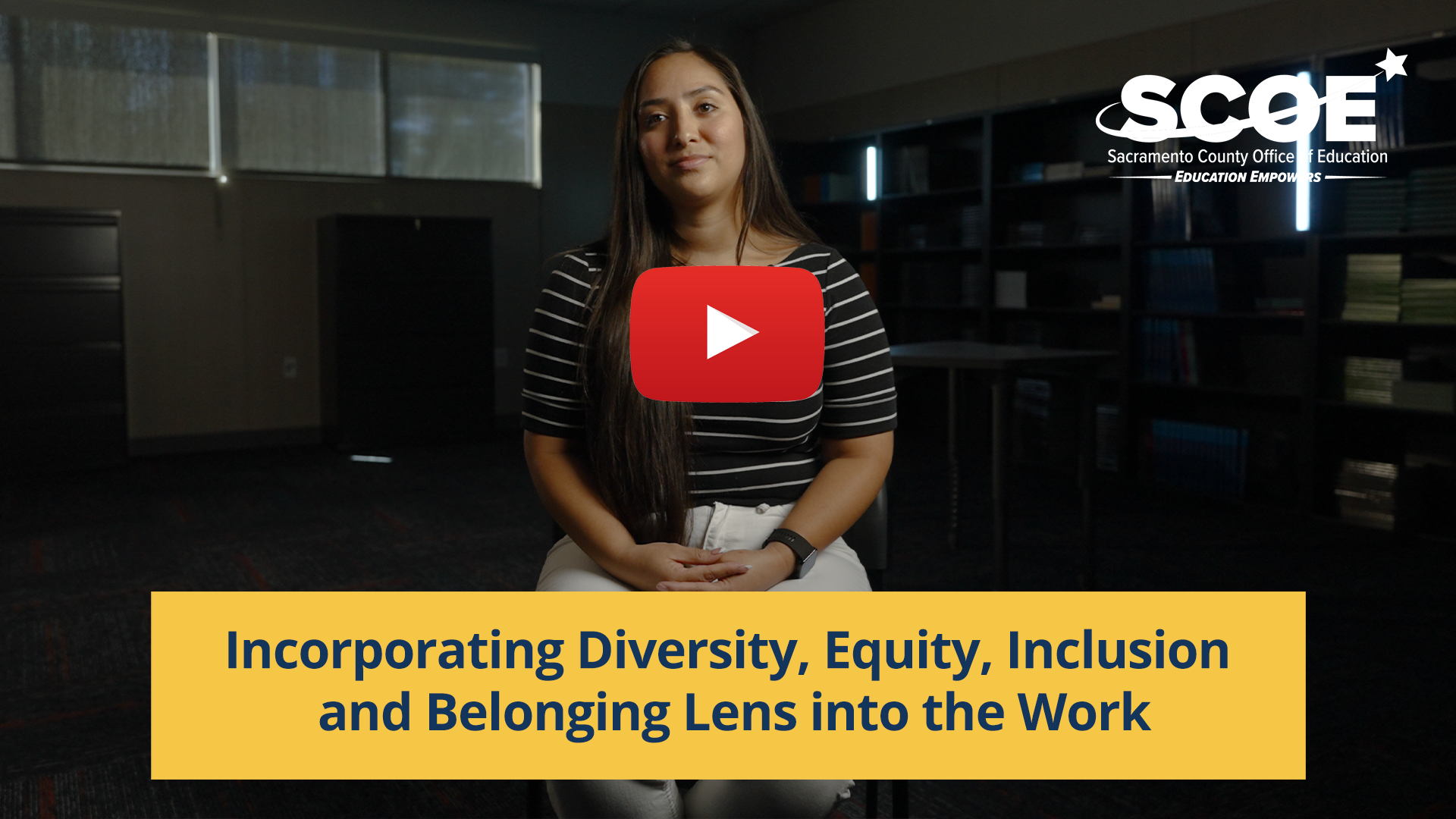
Graduate Clinical Intern Role
Phase 2: On-Site (November-December)
Training Resource Home > Graduate Clinical Intern > Phase 2: On-Site (November-December)
Phase Overview
In this training phase, Graduate Clinical Interns will integrate into the school culture and build relationships to support the school as a center of wellness. They will deepen their understanding of their role and responsibilities, participate in multidisciplinary meetings, and focus on integrating COST principles and the universal referral process if applicable. Collaboration with their task supervisor and field instructor will ensure progress towards learning goals, while continuing to support clients through developing a caseload and facilitating Tier 1, Tier 2, and Tier 3 supports.
Phase Goals/Objections
Continue integration into school culture and develop school relationships as needed to support development of school as a center of wellness
Further develop understanding of graduate clinical intern role and responsibilities in supporting development of school as a center of wellness
Participate in multidisciplinary meetings, integrating COST principles and use of universal referral process into school site process if applicable
Collaborate with task supervisor and field instructor to ensure ongoing personal and professional development as well as progress towards identified learning goals
Continue supporting clients including developing a caseload and facilitating Tier 1, Tier 2, and Tier 3 supports as instructed
School Engagement
Gain skills in actively participating in school activities and events, and seek opportunities to assist with Tier 1 (school-wide), Tier 2 (group), and Tier 3 (individual) interventions. This includes contributing to school-wide initiatives, community events, workshops, and individual counseling.
-
• Proactively participate in school activities and events
• Seek opportunities to assist with implementation of Tier 1 (school-wide), Tier 2 (group), and Tier 3 (individual) interventions, including school-wide initiatives, community events, workshops, groups, and individual counseling
Learning and Development
Learn to complete the Mid-Year Assessment and engage in professional development trainings. Continue attending individual and group supervision with your task supervisor and field instructor, reflecting on experiences and planning for future progress. Seek feedback on your goals from your field instructor and share your culminating project plan to ensure alignment and support throughout your internship.
-
• Complete Mid-Year Assessment
• Attend professional development trainings
• Continue to attend individual and group supervision with task supervisor and field instructor
• Continue to attend regular meetings with supervisor prepared to reflect on experiences, ask questions, and plan for the upcoming meetings with supervisor(s)
• Meet with field instructor to obtain feedback and discuss progress towards goals outlined in learning agreement
• Share culminating project plan with field instructor and task supervisor
Student Support and Intervention
Explore how to develop and manage a caseload of 5-7 clients while scheduling and conducting 1:1 counseling sessions with non-Medi-Cal students. Learn to complete assessments to gauge progress, respond to referrals, and effectively facilitate group workshops and presentations. Integrate Mental Health and Wellness services using a Multi-Tiered System of Support, explore resources for preparing student interventions, and implement early learning and prevention services as needed. Additionally, participate in the Coordination of Services Team (COST) if applicable.
-
• Develop caseload of 5-7 clients
• Continue to schedule and conduct 1:1 counseling sessions with non-Medi-Cal students
• Complete assessments to determine extent of progress and effectiveness of counseling
• Respond to referrals, as directed by supervisor
• Effectively facilitate group workshops
• Effectively provide presentations and/or psychoeducation
• Provide SEL lessons
• Continue to integrate Mental Health and Wellness services into the school setting, through a Multi-Tiered System of Support approach
• Explore various resources and materials in preparation for student encounters and interventions (including but not limited to consulting with task supervisor, field instructor, school staff, books, guides, and online resources)
• Implement early learning and prevention services as appropriate
• Participate as a member of a Coordination of Services Team (COST) if applicable





